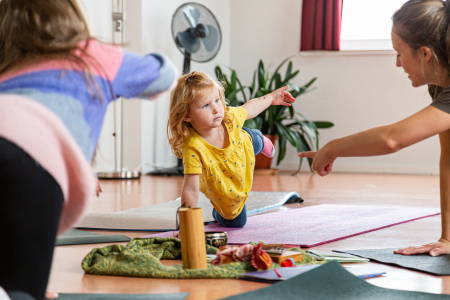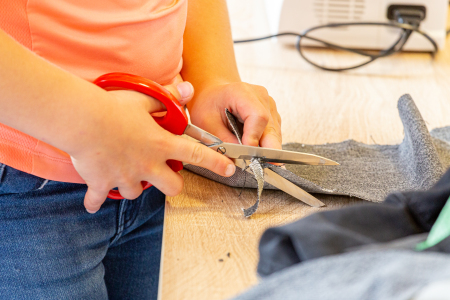The Radebeul cultural railway station as a third location
The term "third place" is currently playing an increasingly important role in the development of libraries, but the idea goes far beyond this and generally describes the quality of social coexistence. Third places are meeting places and offer people the opportunity to meet and communicate in their urban environment. In addition to the first two places (home and work), the "third place" is an open space for socialising that is accessible to everyone without barriers. It is intended to promote a sense of belonging and community.
In 2019, the city of Radebeul with the city library, the Radebeul Family Centre with the "Mitte Ost" project and the adult education centre set out to turn the Radebeul Kultur-Bahnhof into such a place. The aim is to promote dialogue between generations, support lifelong learning and create space for experiences and creativity.

© Stadtverwaltung Radebeul

© Stadtverwaltung Radebeul

